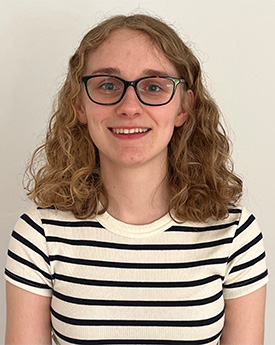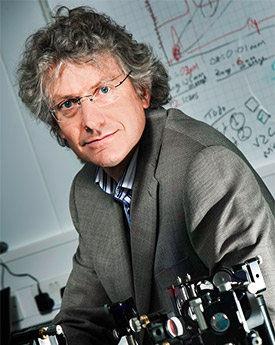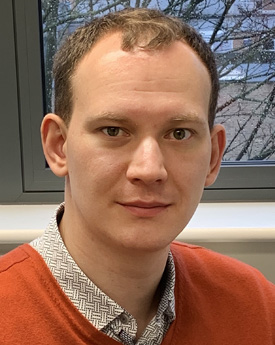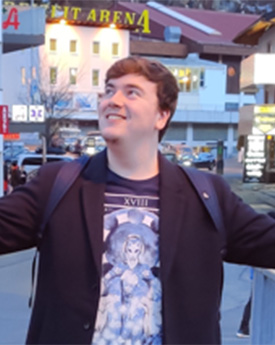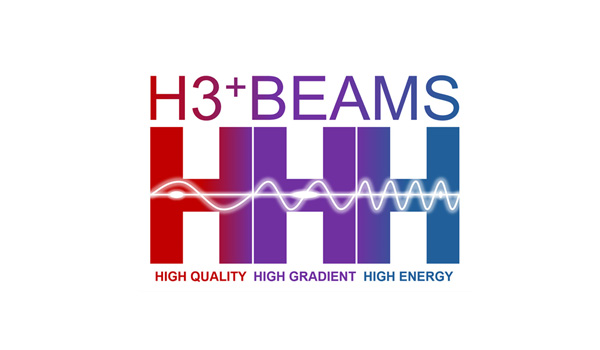Supervisors
Dr Jonathan Gratus (Lancaster University, Physics) and Professor Graeme Burt (Lancaster University, Engineering)
Description
Particle-in-cell (PIC) codes are essential for the numerical simulation of charged particles in both conventional accelerators and plasmas. They are used extensively for understanding of the physics and design of future machines. A typical code may have to track billions of particles and may need to run on high performance computer clusters.
We are investigating a revolutionary new method which promises to dramatically reduce the computation needed for simulations. This method increases the dynamical information of each particle while reducing the total number of particles.
To aid in this task we need an enthusiastic PhD student to incorporate the new dynamical equations into existing PIC codes and compare the results with standard simulations. Our principle focus will be on klystrons.
The student will become a member of the Cockcroft Institute and will participate in the Cockcroft Institute Education and Training Programme, whereby they will participate in a lecture programme over the first 2 years of study in addition to their work on their project. The candidate should have at least a 2:1 or equivalent in maths, physics or engineering and have a solid understanding of mathematical concepts and theory. However, applicants who have gained experience in relevant fields through non-traditional routes are strongly encouraged to apply. We welcome applications from Black, Asian or Minority Ethnic (BAME) candidates, candidates who are in the first generation of their family to go to university, candidates who have been in care or who have been a young carer, and candidates from a low-income background
Funding and eligibility: This is competitively funded. UK and other students are eligible to apply, although overseas students may be required to secure additional funding.
Potential applicants are encouraged to contact Dr Jonathan Gratus (j.gratus@lancaster.ac.uk) for more information.
How to apply
Cockcroft Institute, PhD-opportunities
Lancaster University PhD opportunities
Anticipated Start Date: October 2025 for 3.5 Years
Supervisor
Dr Ian Bailey
Description
In collaboration with our partners in the Cockcroft Institute of Accelerator Science and Technology, the accelerator physics group in the department of physics at the Lancaster University is inviting applications for a PhD studentship which will commence in September 2025.
Accelerator physicists build the tools to address fundamental questions about the nature of the world: from particle physics to biology. To generate particle beams with higher energies or higher intensities than those available today requires innovations which range from the highly theoretical to hands-on engineering and technical work. This project gives you the opportunity to join the accelerator physics community by carrying out research on producing intense x-rays beams to study the world around us on the smallest spatial scales and shortest time scales. Even images of nuclear processes that occur on attosecond time scales might be accessible to such machines.
Specialised particle accelerator facilities called ‘free electron lasers’ (FEL) can produce laser-like light at x-ray wavelengths inaccessible to conventional lasers, and rely on the ‘microbunching’ of electron beams for their operation. Although desirable in some parts of the accelerator, this same microbunching effect can also occur in places where it will degrade the quality of the electron beam, and limit the properties of the x-rays that can be produced. The careful simulation and control of the ‘microbunching instability’ (MBI) is therefore essential for optimising the operation of current and future FELs.
The initial focus of this project is on the role that the MBI plays in the ‘bunch compressor’ magnets used in FELs where maintaining small transverse beam sizes and small energy spreads is vital for efficient FEL operation. As MBI effects can occur quite generally whenever there are feedback mechanisms coupling together the spatial distribution and energy distribution of particles, there is also wide interest in the accurate simulation of MBI effects across many other particle accelerator projects which rely on the transport of high-brightness electron beams.
Qualifications applicants should have/expect to receive
The successful candidate will have or expect to obtain a first or upper second-class degree or equivalent (e.g. MPhys, MSci) in physics. Some experience of computer simulations is also desirable. It’s expected that most candidates will have limited knowledge of accelerator physics, and full training in this area will be provided.
Funding and eligibility
The project is fully funded for UK citizens by the Science and Technology Facilities Council for 3.5 years, but applications are also welcome from citizens of other countries. A full package of training and support will be provided by the Cockcroft Institute where the student will be part of a vibrant accelerator research and education community of over 150 people.
Lancaster Physics Department is strongly committed to fostering diversity within its community as a source of excellence, cultural enrichment, and social strength. We welcome those who would contribute to the further diversification of our department.
Please contact Dr Ian Bailey i.bailey@lancaster.ac.uk for further information.
You can apply directly stating the title of the project and the name of the supervisor.







